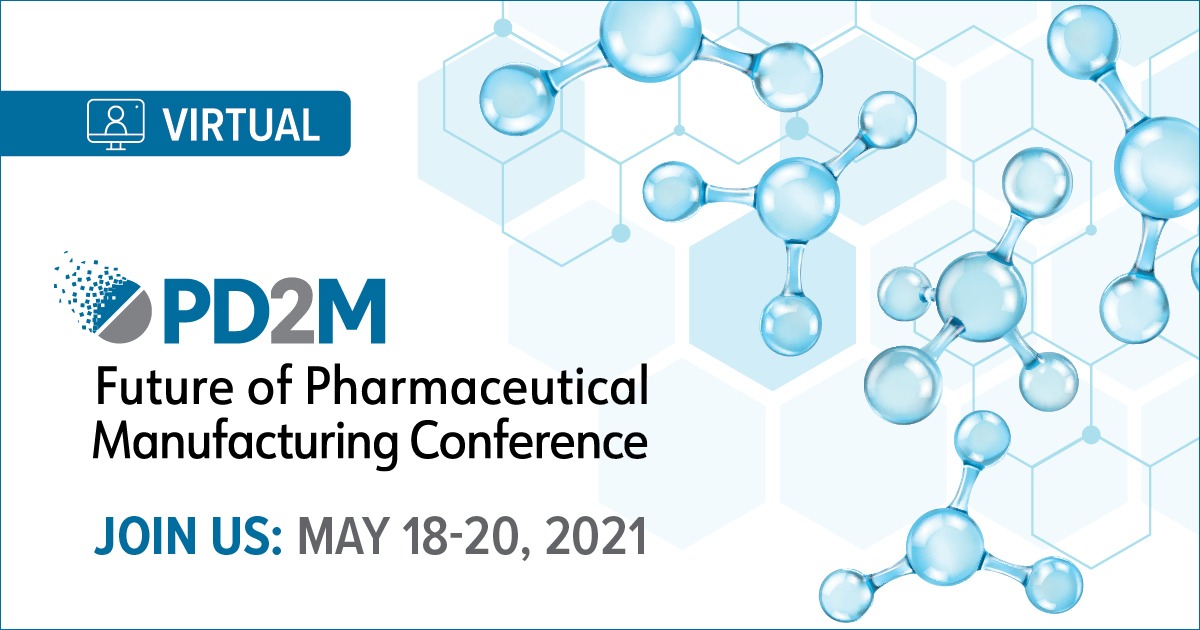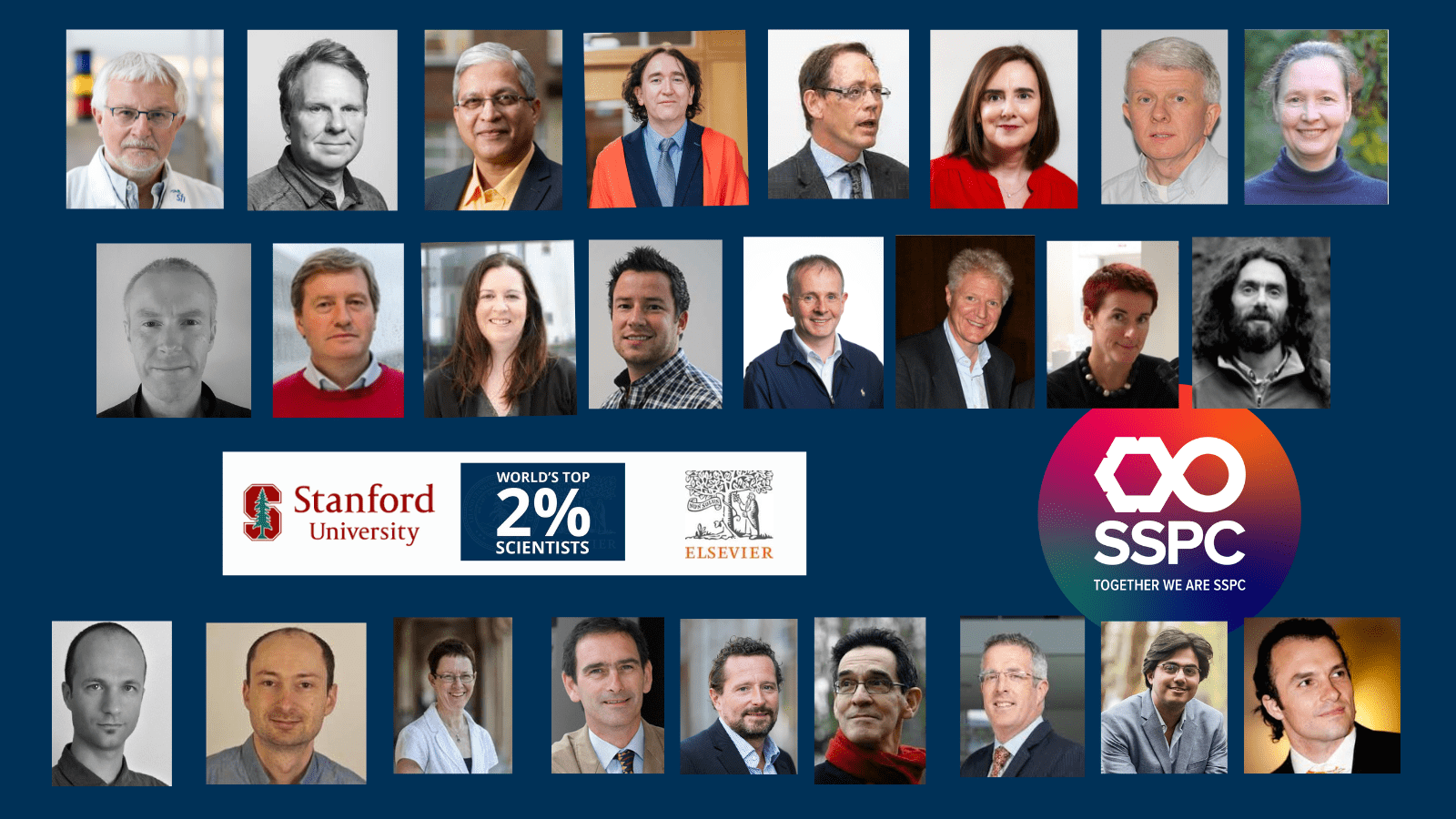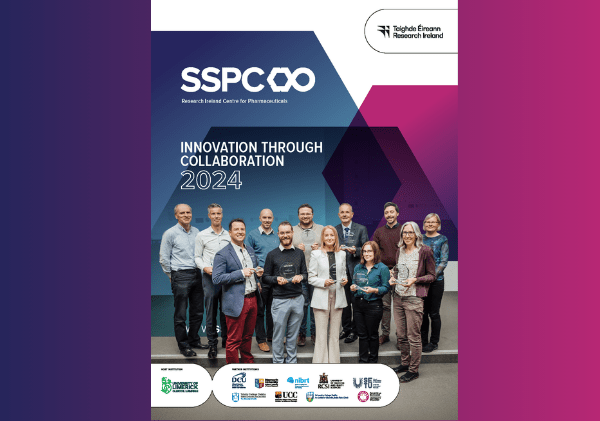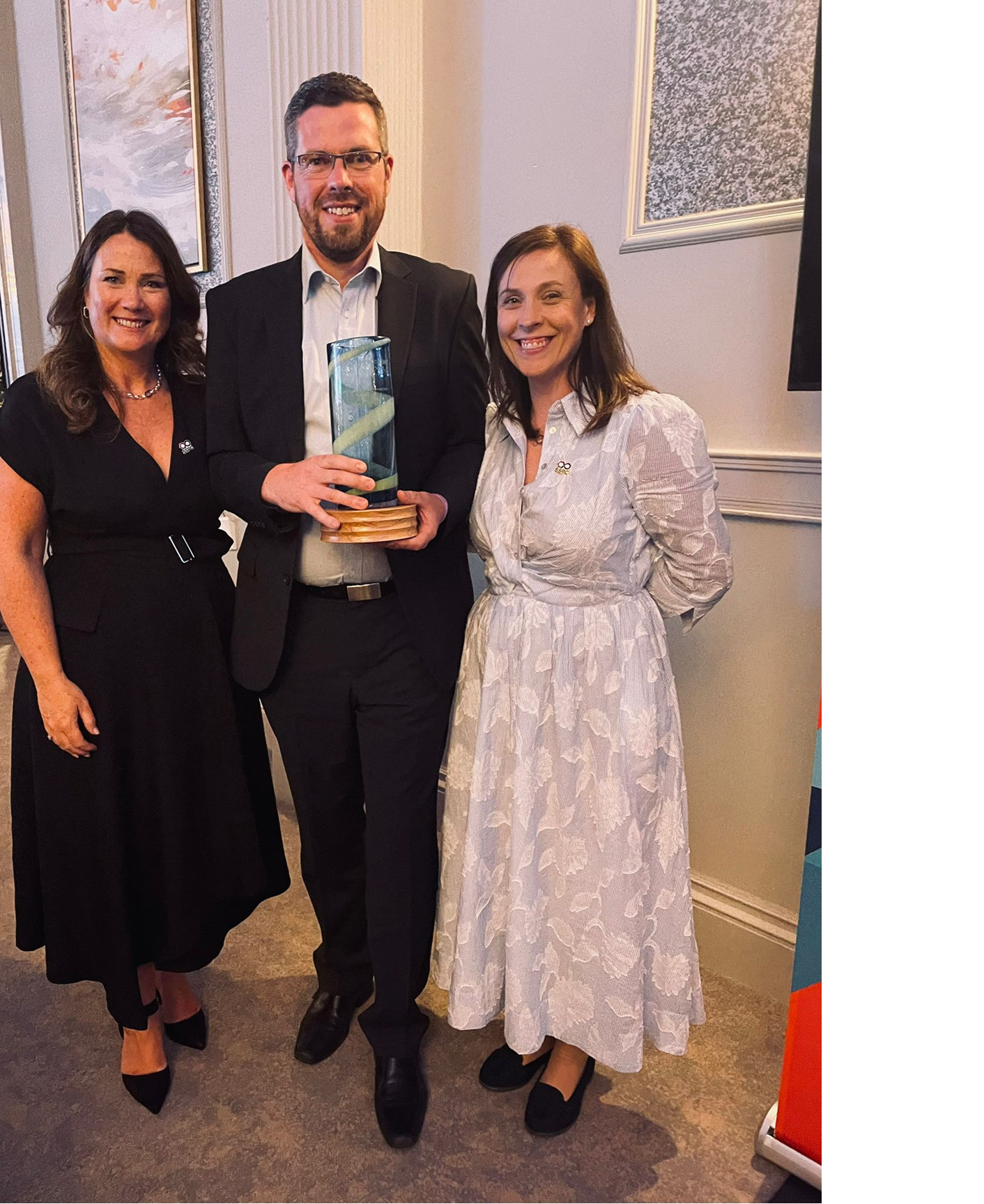An Irish contingent are hosting the latest American Institute of Chemical Engineers (AIChE) workshop series on the Future of Pharmaceutical Manufacturing.
The virtual three-day virtual conference, which begins next Tuesday, May 18, 2021, has assembled leading scientists, engineers, regulators, excellent chairs and policy makers working at the cutting edge of manufacturing technology development. Led by SSPC and NIBRT, the conference aims to address the question of what pharmaceutical manufacturing will look like in 2030 and how we should prepare now to be ready for these changes.
Dr Steven Ferguson, Conference Chair, University College Dublin, said: “Ireland intends to remain at the centre of pharmaceutical manufacturing; this event shows where manufacturing is headed across all modalities. Irish sites, leaders and practitioners can learn how they need to adapt to be ready for the changes that are coming.”
Dr Joe Hannon, CEO Scale-Up Systems added: “The conference takes the pulse of Pharma manufacturing at a time of dramatic change; from vaccines to gene therapy, from data science and autonomous devices to distributed manufacturing, an outstanding group of international leaders, researchers and regulators including FDA will share their views and answer questions on where the changes are headed.”
There will be a special focus in the Future of Biopharmaceutical & Vaccine Manufacturing on the keynote talk from David Sullivan, Vice President, Global Vaccine and Large Molecule Technology at Pfizer, who will discuss the unprecedented speed of development and manufacturing their Covid-19 mRNA vaccine, affecting the lives of billions of people.
The conference will see contributions from the FDA, talking to their regulatory journey in this advanced manufacturing space, and the IDA, with opening remarks from Martin Shanahan CEO. Invited speakers from Biomarin, Eli Lilly, Avectas, AbbVie and APC Ltd. and investigators from three Irish leading (bio)pharmaceutical Centres: NIBRT, PMTC and SSPC, the SFI Research Centre for Pharmaceuticals based at the Bernal Institute at the University of Limerick.
Dr Sarah Hayes, SSPC Chief Operating Officer, said: “Pharmaceutical and Biopharmaceutical manufacturing are central to the Irish economy, with the value of pharma exports rocketing by 25% to €62 billion in 2020. This accounted for 39% of all Irish goods exports in 2020, and played a very significant role in the growth of the Irish economy during this unprecedented time. This event, led by industry, regulatory and academic partners, provides a very powerful platform for the sharing of ideas, divergent views, and thought provoking discussion. It is no coincidence that this event is being led by an Irish grouping (SSPC (UL & UCD), NIBRT), continuing to put Ireland on the map to be the best place for pharma to do business through our unique ecosystem offering platforms, such as SSPC, for industry, academia and regulatory to collaborate towards an exciting future for the industry.”
Pharmaceutical companies are always looking for ways to lessen costs to survive in an increasingly tough and unpredictable economic climate. This conference offers some key concepts that can help in future decisions and incorporate some flexibility whilst adding higher-value and knowledge to manufacturing activities.
The conference will be tackling aspects of the following key themes:
- Why the industry needs to embrace new ways to develop and manufacture medicines; including small molecules, biopharmaceuticals, vaccines and ATMPs
- How manufacturing needs to adapt to new modalities for medical treatment including ATMPs, making them both affordable and safe
- The impact of the wave of disruptive technologies referred to as Industry 4.0, including Industrial Internet of Things (IIoT), machine learning (ML), automation, robotics, advanced analytics and 3-d printing.
- The role of enabling technologies for example continuous manufacturing in alleviating drug shortages and shortening supply chains
- Making future manufacturing systems flexible and modular
- The value of collaboration and standardization around these topics in order to avoid diluted effort as pharmaceutical companies, CMOs, CROs and their vendors move forward.
- Register here.


























